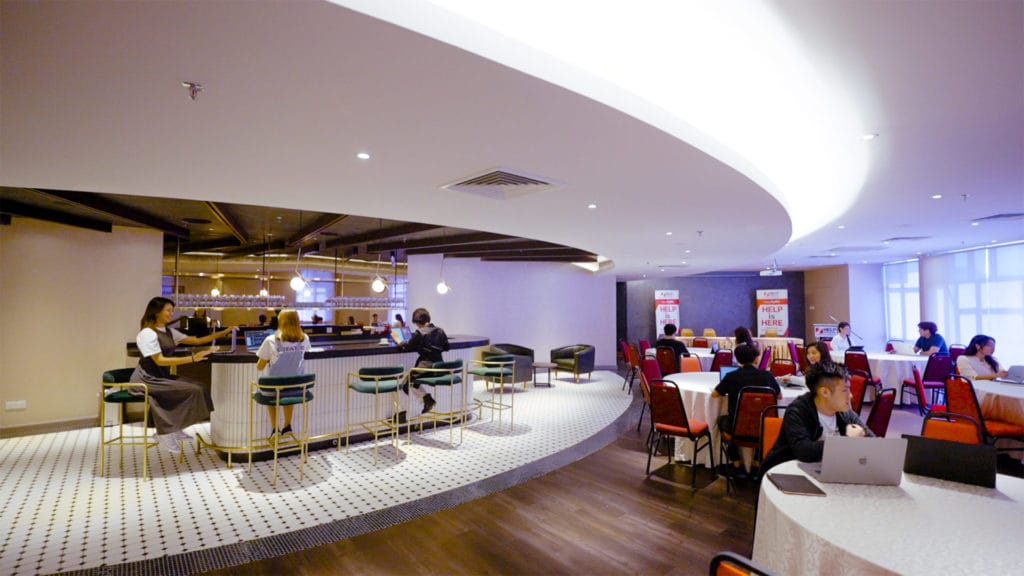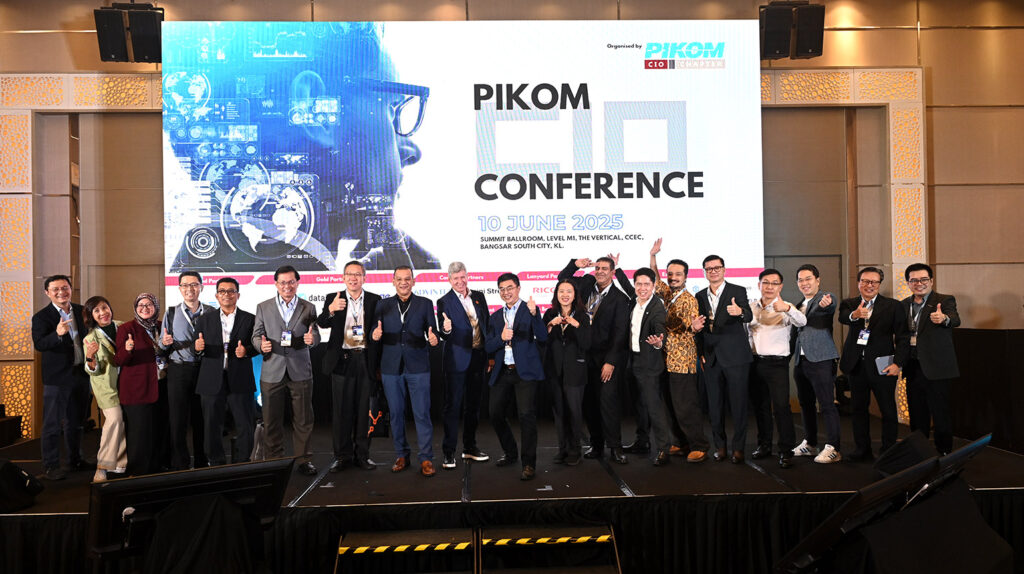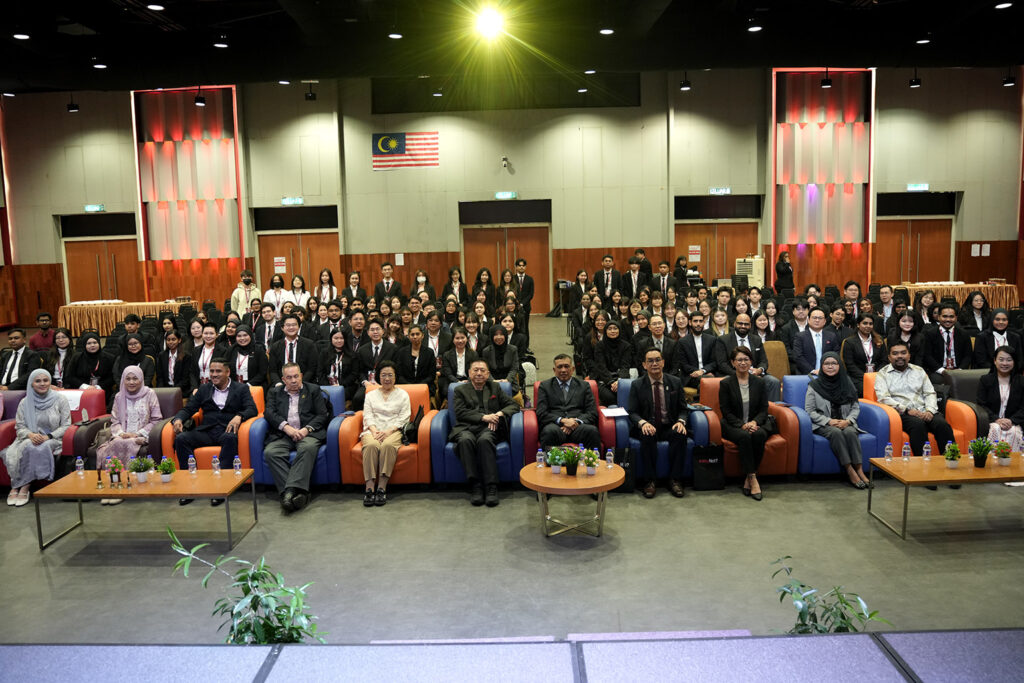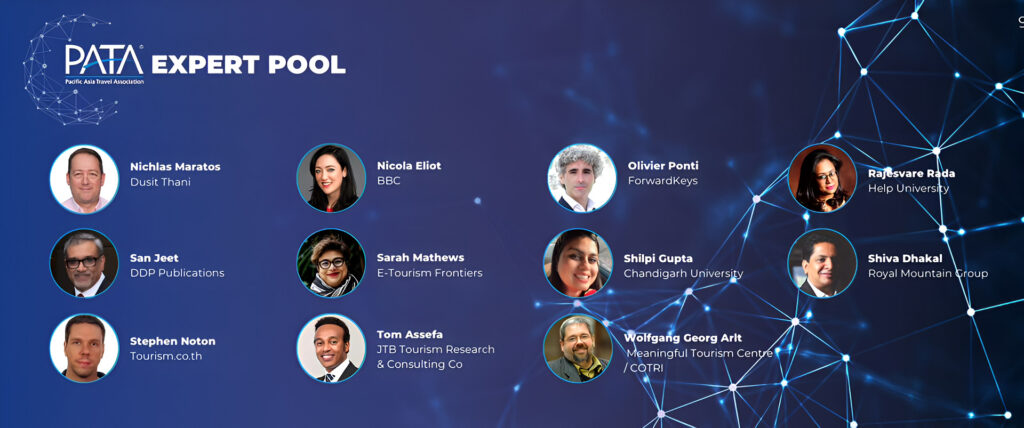ELM Graduate School
ELM Graduate School offers a wide range of Postgraduate programmes ranging from PhDs, to DBAs, and Masters programmes.

HELP's ELM Graduate School
HELP’s ELM Graduate School houses a wide range of programmes at the Master’s and Doctorate levels, from business to psychology, education to analytics, counselling to data science. Behind all these programmes is the fact that they are all important areas that affect our society, shaping it, solving problems with it, and helping its activities to be more effective and productive.
ELM is an acronym for Entrepreneurship, Leadership and Management. It reflects our understanding of the multifaceted role of both individuals and organisations, in that at any one time the trinitarian role of entrepreneurship, leadership and management must interplay in order for them— individuals and organisations— to truly add value to what they do in their chosen fields. We must not think as an entrepreneur, or a leader, or a manager, but all three, all at once.
The ELM Framework underpins our philosophy of the ELM Graduate School executive education and the way we teach and learn in the HELP Group. Apart from the transfer of knowledge and experience that every graduate student will benefit from at our School, and the contribution to knowledge in the research they choose to do, the true value of graduate study at HELP’s ELM Graduate School is the opportunity to interact with our faculty team in order to deepen and broaden your understanding and appreciation of your field of study and work. ELM provides the mindset-based competencies for entrepreneurial foresight and resourcefulness capability, the mindset-based competencies for visionary leadership and global business perspective, and the mindset-based competencies for business intelligence and strategic sustainability. The ELM framework is a paradigm change in that it moves away from the problem-based mindset to the outcome-based mindset and the growth mindset.
Our faculty staff comprises lecturers who are excellent in their chosen field, many of whom with extensive experience on the ground. We are passionate about what true education can do to shape and transform our society and we would love to have you share with us your continuing journey in your chosen field.
Why pursue your Postgraduate degree at ELM Graduate School
ELM Graduate School offers a wide range of Postgraduate programmes ranging from PhDs, to DBAs, and Masters programmes.
ELM Graduate School was the first to offer the APEL-Q pathway for postgraduate programmes in Malaysia. APEL-Q recognises your work experience as credits towards your degree, shortening your programme duration.
Postgraduate studies allow you to delve deeper into a specific field, gaining specialised knowledge that can set you apart in your career. This expertise can open doors to advanced career opportunities and higher-level positions.
Beyond academic knowledge, postgraduate studies at HELP enhance critical thinking, research skills, problem-solving abilities, and the capacity for independent learning. These skills are invaluable across various aspects of life.


Postgraduate Programmes on offer
Postgraduate Programmes
- Doctor of Business Administration
- Doctor of Philosophy
- Doctor of Philosophy (Psychology)
- Doctor of Philosophy in Education
- Master of Philosophy (Psychology)
- Master of Applied Business Analytics
- Master of Accounting and Finance (MAF)
- Master of Business Administration
- Master of Business Administration Online
- Master of Clinical Psychology
- Master of Corporate Governance
- Masters in Counselling
- Master of Data Science
- Master of Education (Teaching and Learning)
- Master of Entrepreneurship
- Master in Investment and Wealth Management
- Master of Human Resource Development
- Master of Science in Economic Crime Management
- Master of Project Management (PMI Accredited)
Journal of Emergent Research in Humanities,
Business and Technology (JER-HBT)
Journal of Emergent Research in Humanities, Business and Technology is an open access, peer-reviewed journal published by ELM Graduate School, HELP University, Malaysia. The journal is dedicated to publishing original papers on emergent research in Humanities, Business and Technology. The journal publishes original research papers, literature review papers, conceptual papers, and book reviews twice per year.
Read MoreFaculty Highlights
This is just placeholder text. Don’t be alarmed, this is just here to fill up space since your finalized copy isn’t ready yet.
Testimonials from our students
Lorem ipsum dolor sit amet, consectetur adipiscing elit, sed do eiusmod tempor incididunt ut labore et dolore magna aliqua.
Meet the Academics
Meet the academics from ELM Graduate School, dedicated to excellence in leadership, management, and postgraduate education.
Explore










